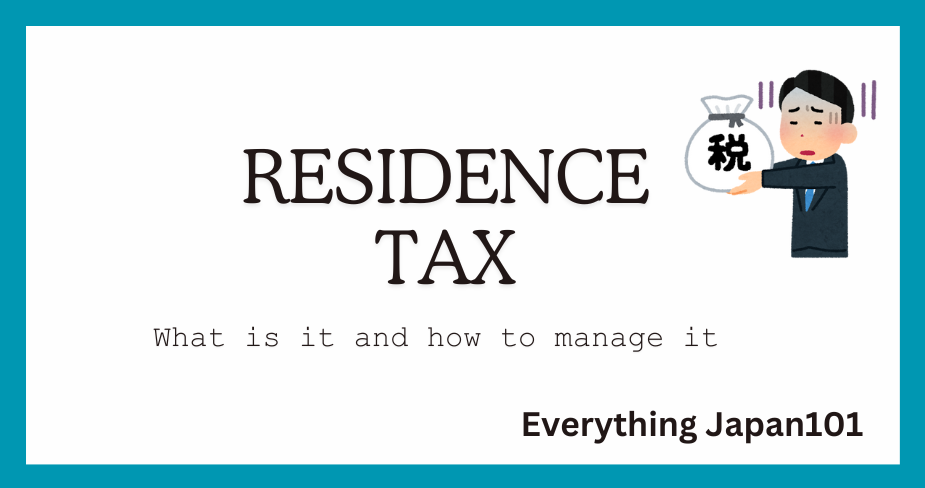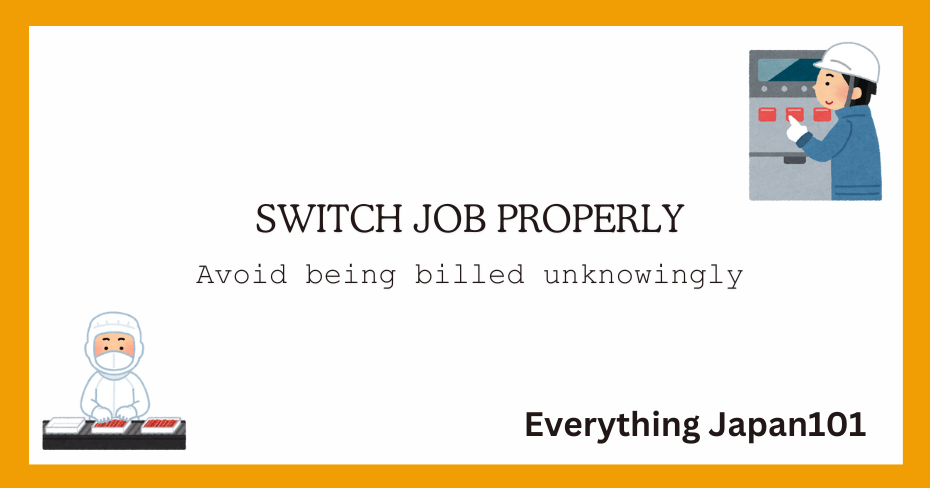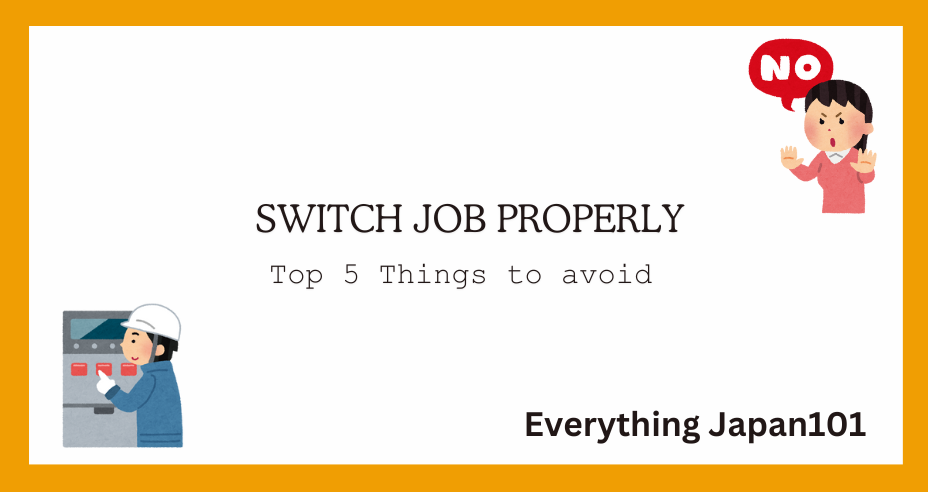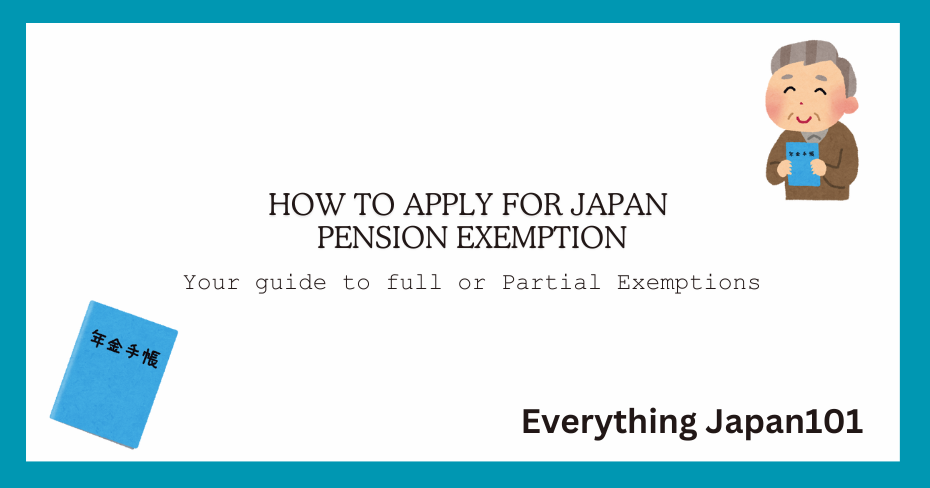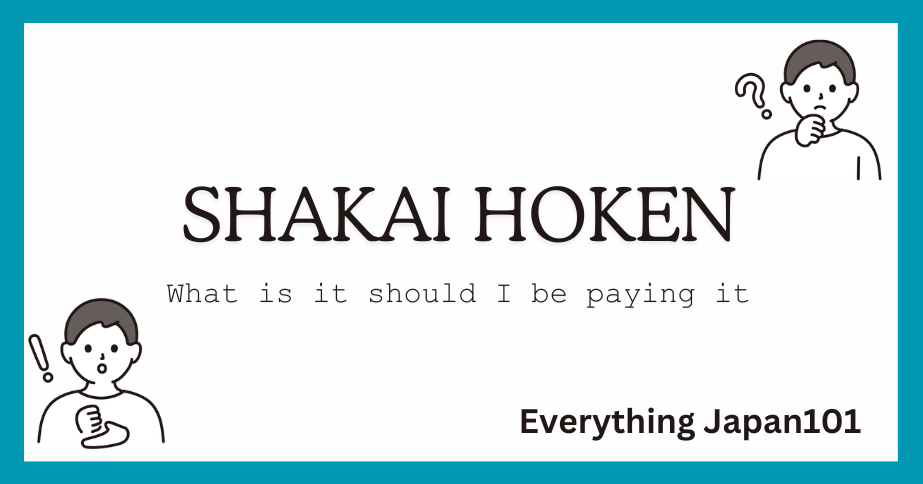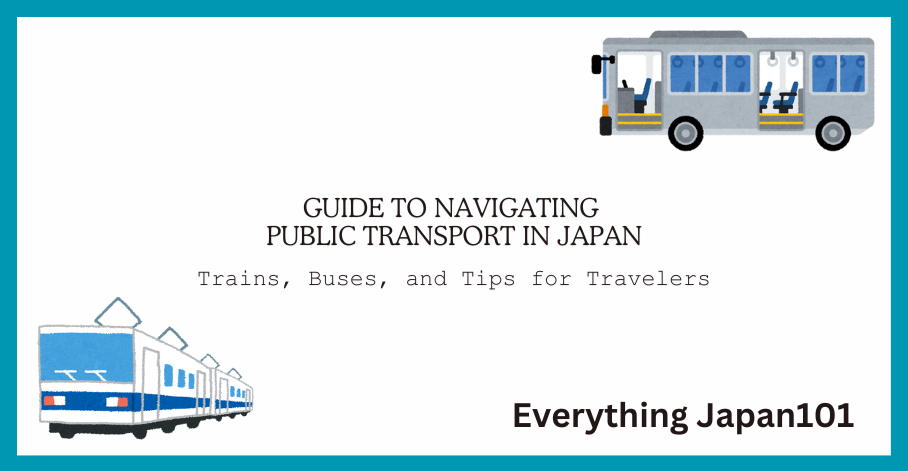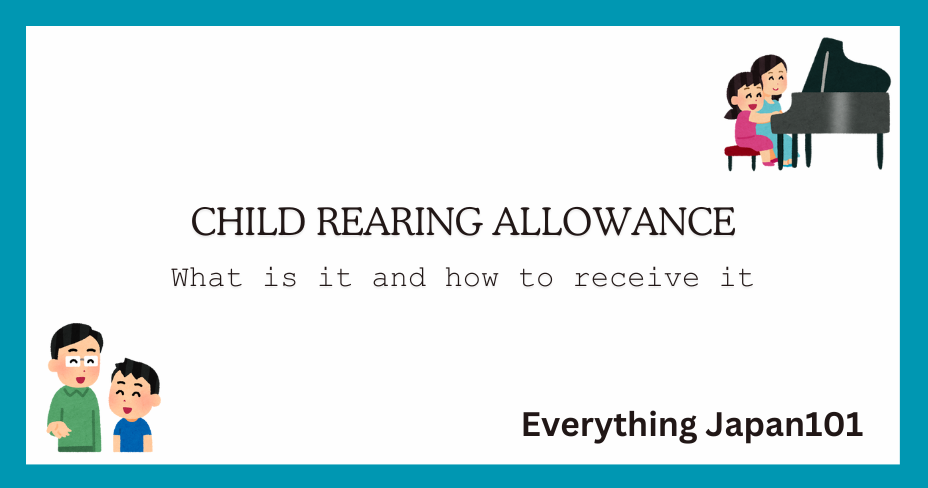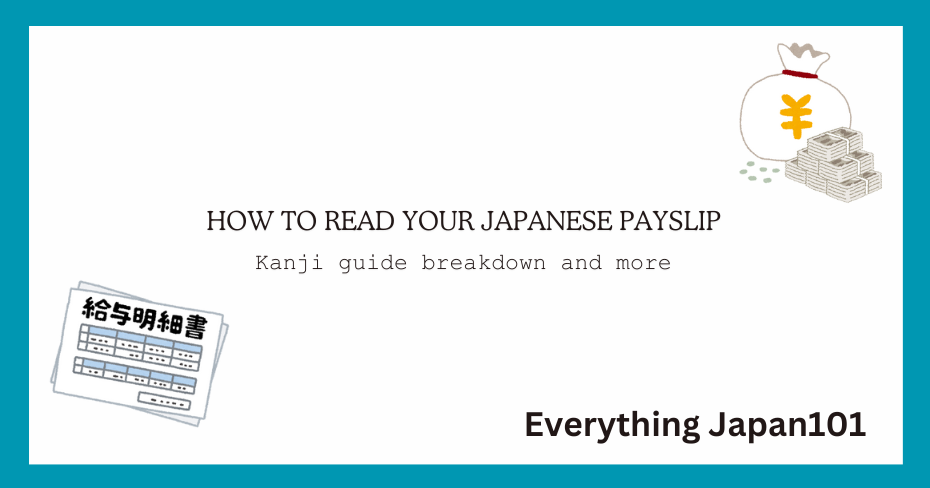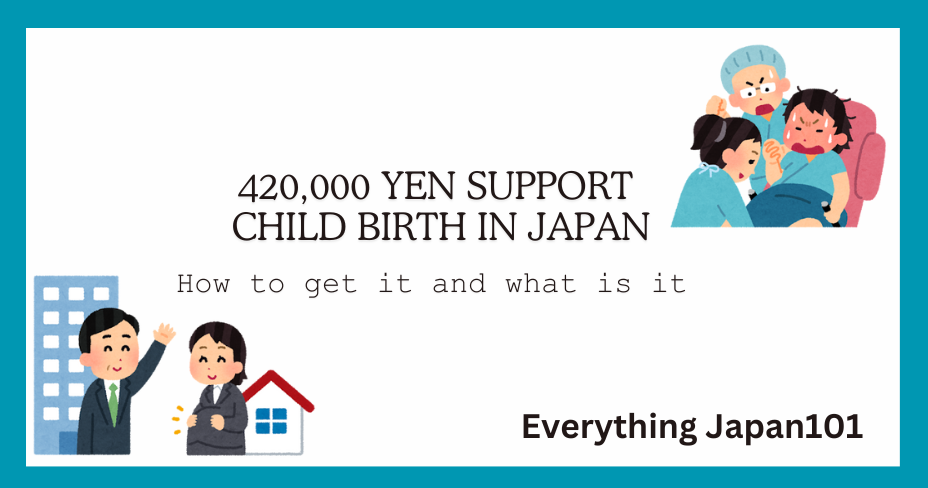When Moving to Japan: Securing Fair Pay and Affordable Living

Moving to Japan for work is an exciting opportunity, but it’s crucial to avoid potential scams and ensure you secure a fair and livable wage. This guide provides advice on recognizing acceptable rent and salary ranges, understanding contract contents, and assessing the cost of living in Japan.
Step 1: Understanding the Cost of Living in Japan
Before moving to Japan, it’s essential to understand the cost of living, which varies significantly by city. Here’s an overview of typical monthly expenses:
- Rent: Rent is often the largest expense. Here’s a rough guide to monthly rent for a single apartment (1K/1DK):
- Tokyo: ¥70,000 to ¥150,000
- Osaka: ¥50,000 to ¥100,000
- Nagoya: ¥45,000 to ¥90,000
- Fukuoka: ¥40,000 to ¥80,000
- Utilities: (electricity, water, gas, internet): ¥10,000 to ¥20,000
- Food: ¥30,000 to ¥50,000 (groceries and eating out)
- Transportation: ¥10,000 to ¥20,000 (commuting costs)
- Miscellaneous: ¥20,000 to ¥40,000 (entertainment, healthcare, etc.)
A reasonable monthly budget for a single person living in Tokyo might range from ¥150,000 to ¥250,000.

Step 2: Ensuring a Livable Wage
To ensure you earn a livable wage, consider the following:
- Average Salaries: Salaries vary by industry and experience level. Here are some examples:
- Entry-level positions: ¥200,000 to ¥250,000 per month
- Experienced professionals: ¥300,000 to ¥500,000 per month
- Specialized fields (IT, engineering): ¥400,000 to ¥700,000 per month
- Work Hours: The standard workweek is 40 hours, but overtime is common. Ensure you understand the company’s overtime policy and compensation.
- Salary Deductions: Be aware of mandatory deductions such as income tax, social insurance, and residence tax. These can total around 20% to 30% of your gross salary.
Step 3: Understanding Your Employment Contract
Before signing any contract, ensure it includes the following:
- Job Title and Description: Clearly defined roles and responsibilities.
- Salary: Gross and net pay, payment schedule, and any bonus structures.
- Working Hours: Standard working hours, overtime policy, and any shift work details.
- Benefits: Health insurance, pension, paid leave (yuukyuu), and other benefits.
- Termination Clause: Conditions under which the contract can be terminated by either party.

Step 4: Recognizing and Avoiding Scams
Here are some common scams and how to avoid them:
- Excessive Rent Demands: Compare rent prices in your area using websites like Suumo or GaijinPot Apartments. If a landlord demands excessive upfront fees (key money, deposit, agent fee), ensure they are standard and justifiable.
- Unclear Salary and Deductions: Ensure your contract clearly states your salary and any deductions. Avoid vague terms and ask for clarification on anything unclear.
- No Written Contract: Always insist on a written contract. Verbal agreements are not legally binding and offer no protection.
- False Job Offers: Verify the legitimacy of the job offer and the company. Check company reviews on websites like Glassdoor or consult online forums like Reddit’s r/movingtojapan or r/teachinginjapan.
Step 5: Verify the Legitimacy of the Employer
- Check Registration: Legitimate companies should be registered with the Japanese government. You can request their corporate registration number (登記番号, to-ki bango).
- Online Presence: Verify their website, social media presence, and reviews from current or former employees.
- Consult Local Authorities: Contact the Japanese Embassy in Indonesia or relevant labor authorities if you have doubts about a potential employer.
Useful Resources
By following these steps and utilizing available resources, you can avoid scams and ensure a smooth transition to working in Japan. Always stay informed and cautious, and don’t hesitate to seek advice from trusted sources.
